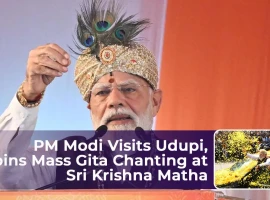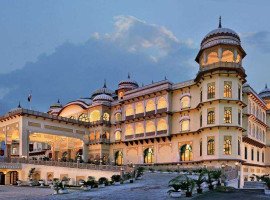Introductions:
Vinayak Damodar Savarkar, also known as Veer Savarkar, was an influential Indian freedom fighter, nationalist, poet, writer, and politician. He played a significant role in the Indian independence movement and is known for his contributions to the cause of India's freedom from British colonial rule.
Full Name: Vinayak Damodar Savarkar
Date of Birth: May 28, 1883
Date of Death: February 26, 1966
Place of Birth: Bhagur, Nashik, Maharashtra, India
Place of Death: Mumbai, Maharashtra, India
Savarkar was born into a Marathi Brahmin family in British India. He was a bright student and showed an early interest in Indian history and literature.
In 1909, he went to London to study law and continued his activism there. During his time in London, he wrote several influential books, including "The First War of Indian Independence" and "The History of the First War of Indian Independence."
Abhinav Bharat Society: Savarkar was associated with the Abhinav Bharat Society, a secret revolutionary organization aimed at achieving Indian independence through armed struggle against British rule.
In 1909, he was arrested in London for his involvement in revolutionary activities and was sentenced to life imprisonment. He was extradited to India in 1910 and imprisoned in the Cellular Jail in Andaman and Nicobar Islands, where he spent several years. Savarkar is a controversial figure due to his alleged submission of multiple mercy petitions to the British government while in prison. Some argue that he did so to secure his release, while others believe he did it to gain an early release and continue his struggle for independence.
Ideological Contributions: He is known for his concept of "Hindutva," which he described as the essence of being Hindu and advocated for the cultural and political unity of Hindus. His ideas on Hindutva have been influential in the development of Hindu nationalism.
Savarkar was a prolific writer and poet. He wrote several poems, plays, and essays that reflected his nationalist and patriotic ideals.
Political Career: After his release from prison in 1924, Savarkar was involved in Indian politics. He founded the Hindu Mahasabha, a right-wing Hindu nationalist organization, and served as its president. He also served as a member of the Legislative Assembly.
Veer Savarkar is a polarizing figure in Indian history, with some viewing him as a hero of the Indian independence movement and a champion of Hindu nationalism, while others criticize his alleged collaboration with the British authorities during his imprisonment.
Savarkar passed away on February 26, 1966, in Mumbai, India.
Savarkar's life and legacy continue to be a subject of debate and discussion in contemporary India, and his contributions to the freedom struggle and his ideological beliefs remain topics of interest and controversy.









